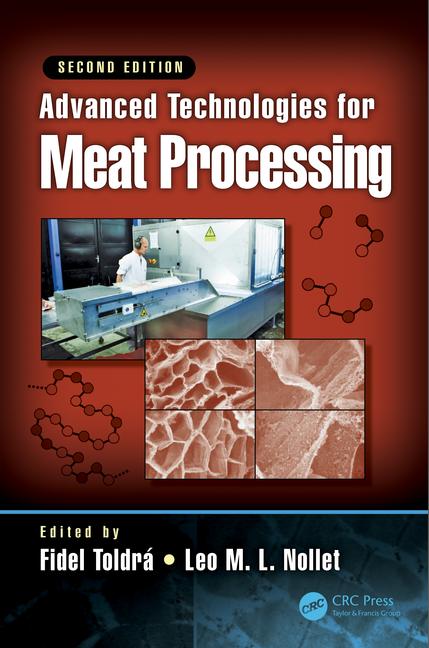Fight for Food Safety
Will FSIS adopt zero-tolerance for Listeria? (Part One)

In recent years, the U.S. Food Safety and Inspection Service (FSIS) has launched many new initiatives designed to combat pathogens in processed meat products. FSIS usually attempts to achieve its goals by announcing it will begin or increase the testing of raw materials (i.e., raw beef trimmings) or finished products (i.e., raw ground beef) for pathogens of concern. FSIS has also carefully staged each of its initiatives, addressing a lineage of pathogens in chronological order, beginning with E. coli O157:H7, moving to Non-O157:H7 STECs, and most recently announcing new initiatives aimed at Salmonella.
For many years, FSIS has also required facilities that process Ready-To-Eat (RTE) products to develop and follow Listeria control programs. In light of the recent flurry of new agency initiatives, however, the natural questions become: (1) to what extent will FSIS begin placing additional requirements on processors to control Listeria in the environment; and (2) if so, what will those new requirements look like? I believe FSIS in the future will follow the lead of the U.S. Food and Drug Administration (FDA) and begin to embrace zero-tolerance standards for Listeria anywhere in the post-lethality RTE processing environment.
Emboldened by the powers under the Food Safety Modernization Act, FDA has become extremely aggressive with respect to the control and elimination of Listeria in food facilities. In recent months, I have witnessed FDA compliance officers conducting routine facility inspections take hundreds of environmental Listeria samples, swabbing door handles, soda machines and even the clocks where employees punch time cards. FDA has become so aggressive that in some cases its behavior is nothing short of shocking.
Part of the agency aggression, of course, is driven by the public health concern caused by Listeria. Each year in the United States, Listeria causes an estimated 1,600 illnesses and 260 deaths. The largest Listeria outbreak occurred in 2011, when contaminated cantaloupe sickened 1,476 and killed 33. Part of the FDA’s aggression is also driven, however, by the fact that the FDA has become very good at regulating safety into pharmaceutical production (which demands zero-tolerance for environmental pathogens), and is beginning to carry over and aggressively enforce somewhat similar standards in the food production environment.
FSIS and FDA are always watching, in sometimes cooperating, and in many cases competing with each other in their efforts to ensure food safety. My sense is that, on the horizon, there is yet another new policy being crafted by FSIS. As FDA becomes more aggressive on Listeria control in the processing environment (moving eventually toward zero-tolerance), FSIS likely will feel compelled to move in the same direction. So don’t be surprised if FSIS eventually announces it will no longer tolerate the presence of Listeria in the post-lethality RTE processing environment.
Next month, we will discuss, if or when this occurs, how beef processors can prepare now to meet this seemingly impossible task.
Looking for a reprint of this article?
From high-res PDFs to custom plaques, order your copy today!








